Relaxing & Refuge
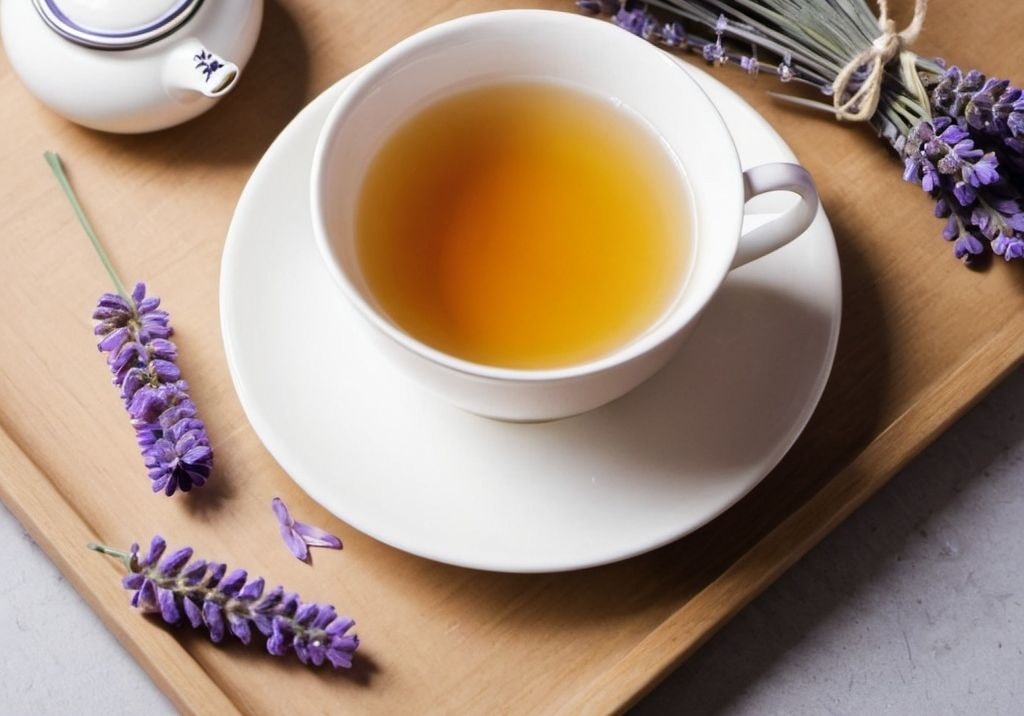
The Best Teas for Reducing Stress and Anxiety
The Best Teas for Reducing Stress and Anxiety
This post may contain affiliate links, which means we’ll receive a commission if you purchase through our links, at no extra cost to you. Please read our full disclosure for more information.
In our fast-paced world, stress and anxiety have become almost inevitable companions. From tight deadlines at work to personal commitments and the constant barrage of information from our digital devices, it's no wonder we often feel overwhelmed.
While there are many ways to tackle stress, turning to natural remedies can offer gentle yet effective relief. One such remedy is tea, a comforting and time-honored beverage known for its calming properties.
Let’s dive into the world of teas and discover which ones can help you unwind and find your zen.
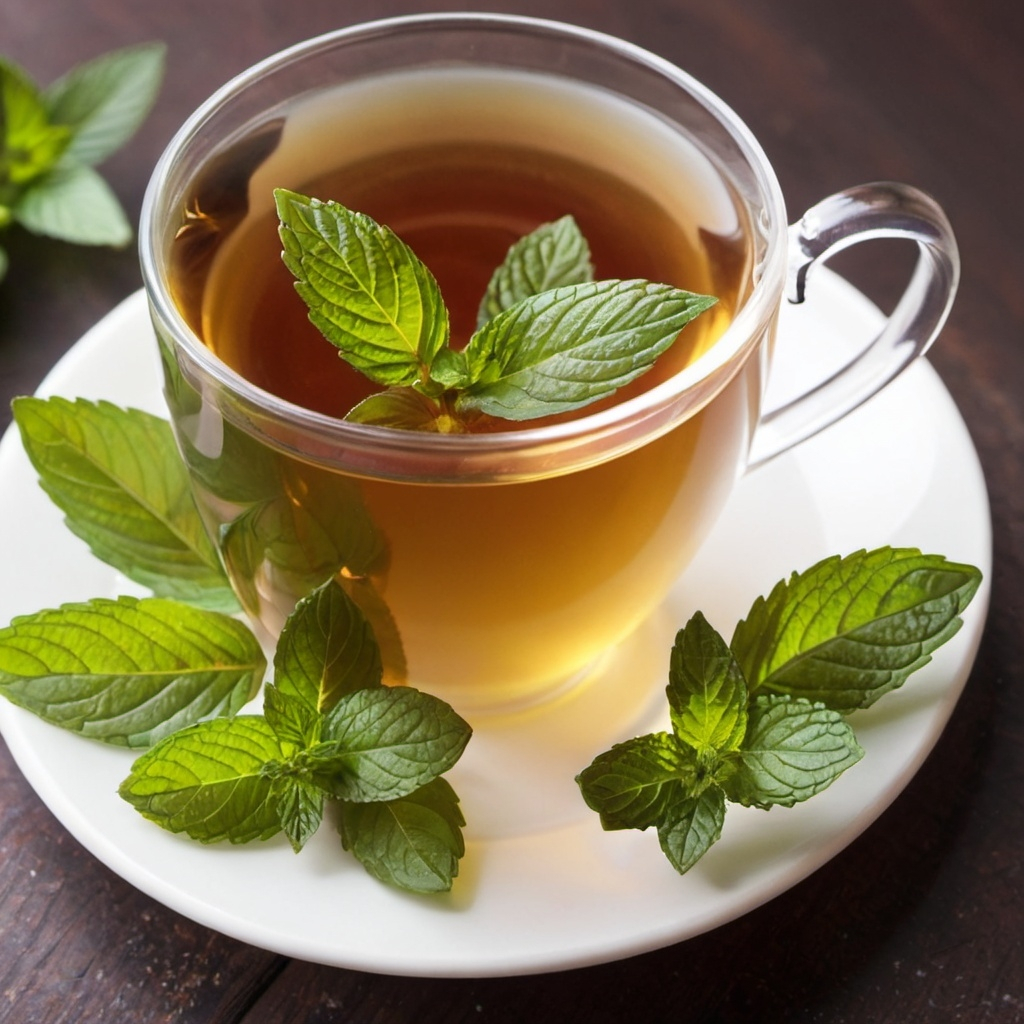
Understanding the Science Behind Tea and Stress Relief
Before we explore specific teas, it's helpful to understand why tea is so effective at calming our nerves. The secret lies in the unique compounds found in tea leaves.
L-theanine: The Calming Amino Acid
L-theanine is an amino acid found almost exclusively in tea plants. It has a unique ability to promote relaxation without causing drowsiness. L-theanine works by increasing the levels of neurotransmitters like GABA, dopamine, and serotonin, which help regulate mood, sleep, and emotion.
Antioxidants and Other Beneficial Compounds
Teas are rich in antioxidants, which help combat oxidative stress in the body. By reducing oxidative stress, antioxidants can help improve overall well-being and reduce the physical effects of stress. Other beneficial compounds, such as catechins and flavonoids, contribute to tea’s calming effects by supporting brain health and improving cognitive function.
Scientific Studies on Tea and Stress Relief
Numerous studies have shown the positive effects of tea on stress and anxiety. For instance, research has found that L-theanine can reduce stress-related symptoms and improve mental focus. Another study highlighted that regular consumption of green tea was associated with lower levels of psychological stress.
Now, let’s get into the specifics of which teas are best for reducing stress and anxiety.
The Best Teas for Reducing Stress and Anxiety
1. Green Tea
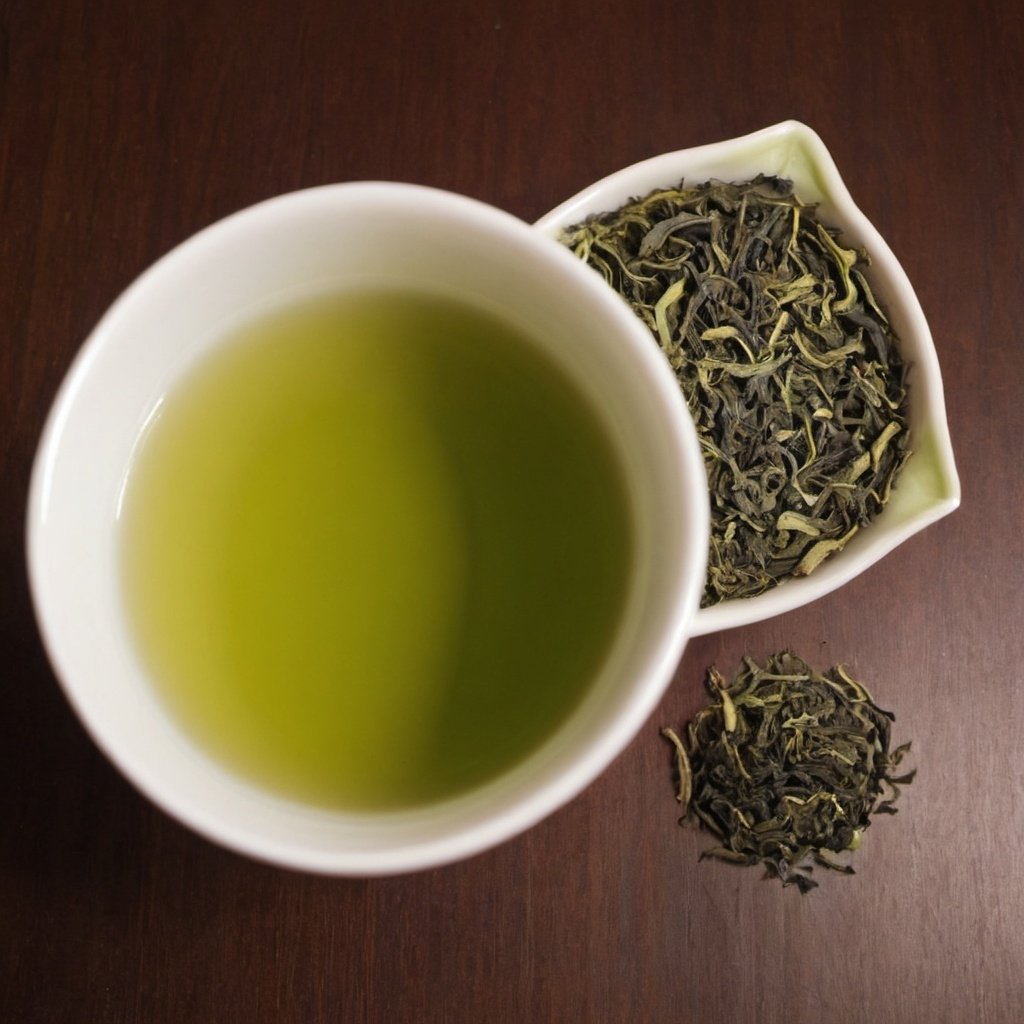
Key Compounds: L-theanine, Catechins
Green tea is celebrated not only for its numerous health benefits but also for its ability to promote relaxation. The high levels of L-theanine in green tea help to enhance mood and reduce stress by increasing alpha brain waves, which are associated with a state of relaxed alertness.
Benefits for Stress and Anxiety
Green tea’s unique blend of caffeine and L-theanine provides a calm, focused energy without the jitteriness often associated with coffee. This makes it an excellent choice for those needing to stay productive while keeping anxiety at bay.
Recommended Preparation and Consumption Tips
To get the most out of your green tea, steep it at a lower temperature (around 175°F or 80°C) for about 2-3 minutes. This helps to preserve the delicate flavors and beneficial compounds. Drinking 2-3 cups a day can help maintain a steady level of relaxation.
2. Chamomile Tea
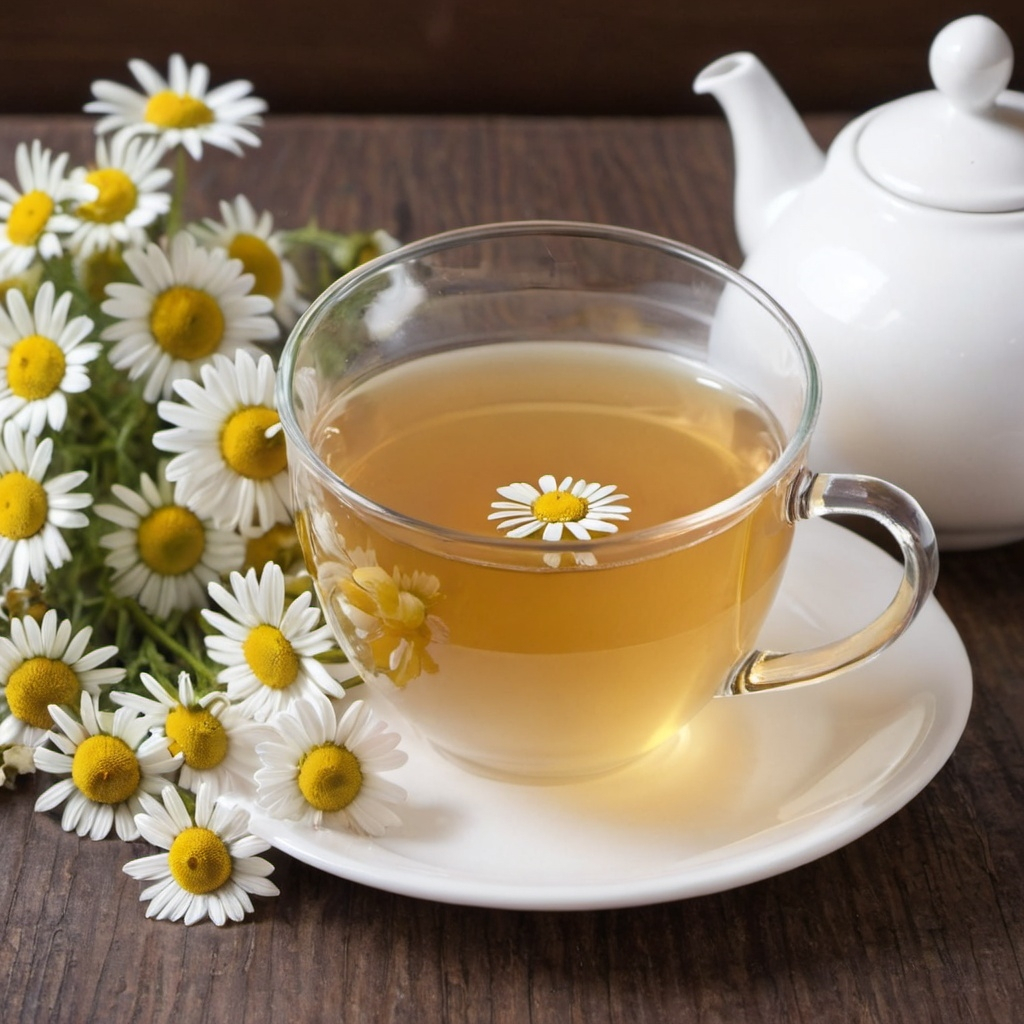
Key Compounds: Apigenin, Flavonoids
Chamomile tea is a classic choice for promoting relaxation and sleep. Its mild, floral flavor makes it a favorite bedtime beverage.
Benefits for Relaxation and Sleep
Chamomile contains apigenin, an antioxidant that binds to certain receptors in your brain, promoting relaxation and reducing insomnia. This makes chamomile tea an excellent option for winding down at the end of the day.
Best Practices for Brewing and Drinking
Steep chamomile tea in hot water (about 200°F or 93°C) for 5-10 minutes to fully release its calming properties. Drinking a cup about 30 minutes before bedtime can help prepare your body and mind for a restful night’s sleep.
3. Peppermint Tea
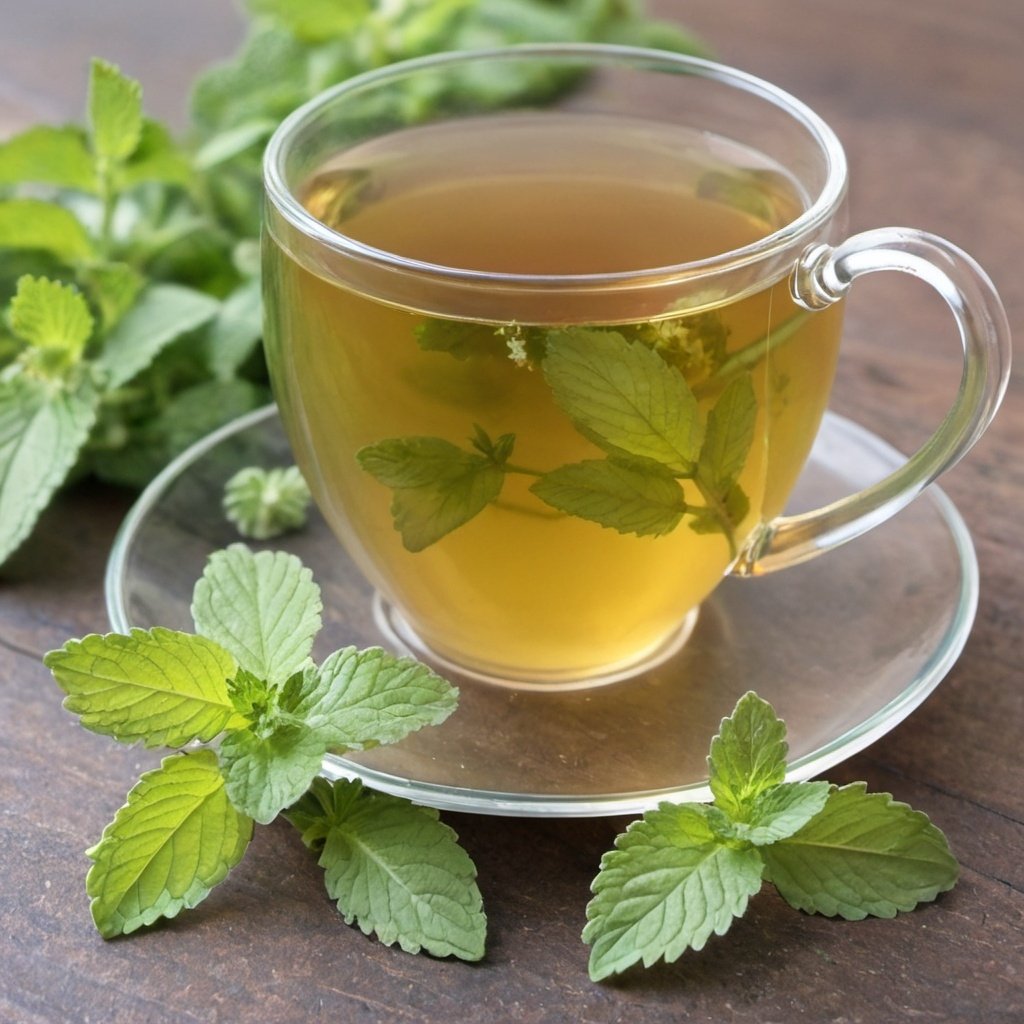
Key Compounds: Menthol, Rosmarinic Acid
Peppermint tea is known for its refreshing flavor and soothing properties. It’s a great option for reducing stress and improving mental clarity.
Effects on Mental Clarity and Stress Relief
Menthol, the active ingredient in peppermint, has muscle-relaxing properties that can help reduce tension and anxiety. Additionally, the invigorating aroma of peppermint can help clear the mind and improve focus.
Optimal Brewing Techniques
Steep peppermint tea in hot water (about 212°F or 100°C) for 7-12 minutes. For an extra refreshing experience, consider adding a slice of lemon or a touch of honey.
4. Lavender Tea
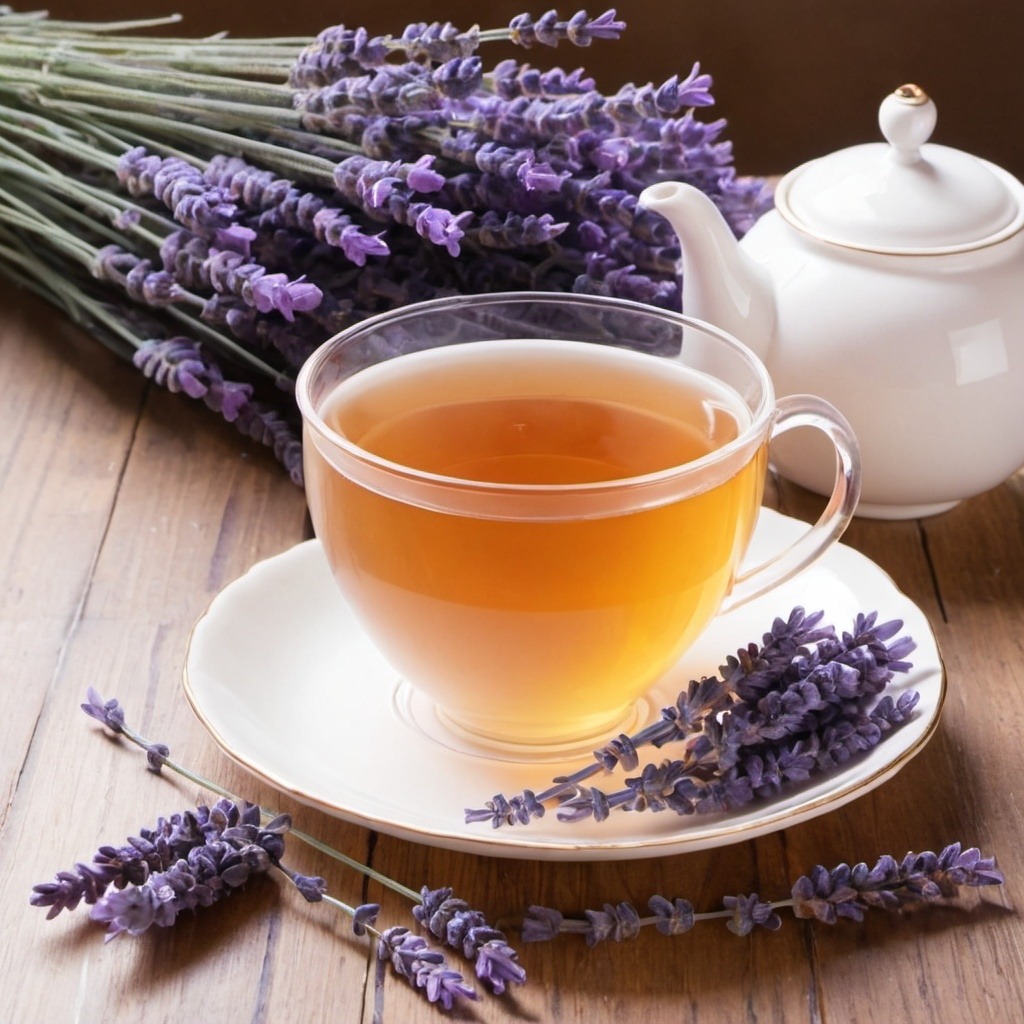
Key Compounds: Linalool, Linalyl Acetate
Lavender tea is prized for its fragrant aroma and calming effects. It’s an excellent choice for those looking to relax and reduce anxiety.
Benefits for Calming the Mind and Reducing Anxiety
Lavender contains linalool and linalyl acetate, compounds known for their sedative effects. These help to reduce anxiety and promote a sense of calm.
Preparation Methods for Maximum Effect
Steep lavender tea in hot water (about 200°F or 93°C) for 5-10 minutes. Enjoying a cup in the evening can help ease you into a state of relaxation.
5. Lemon Balm Tea
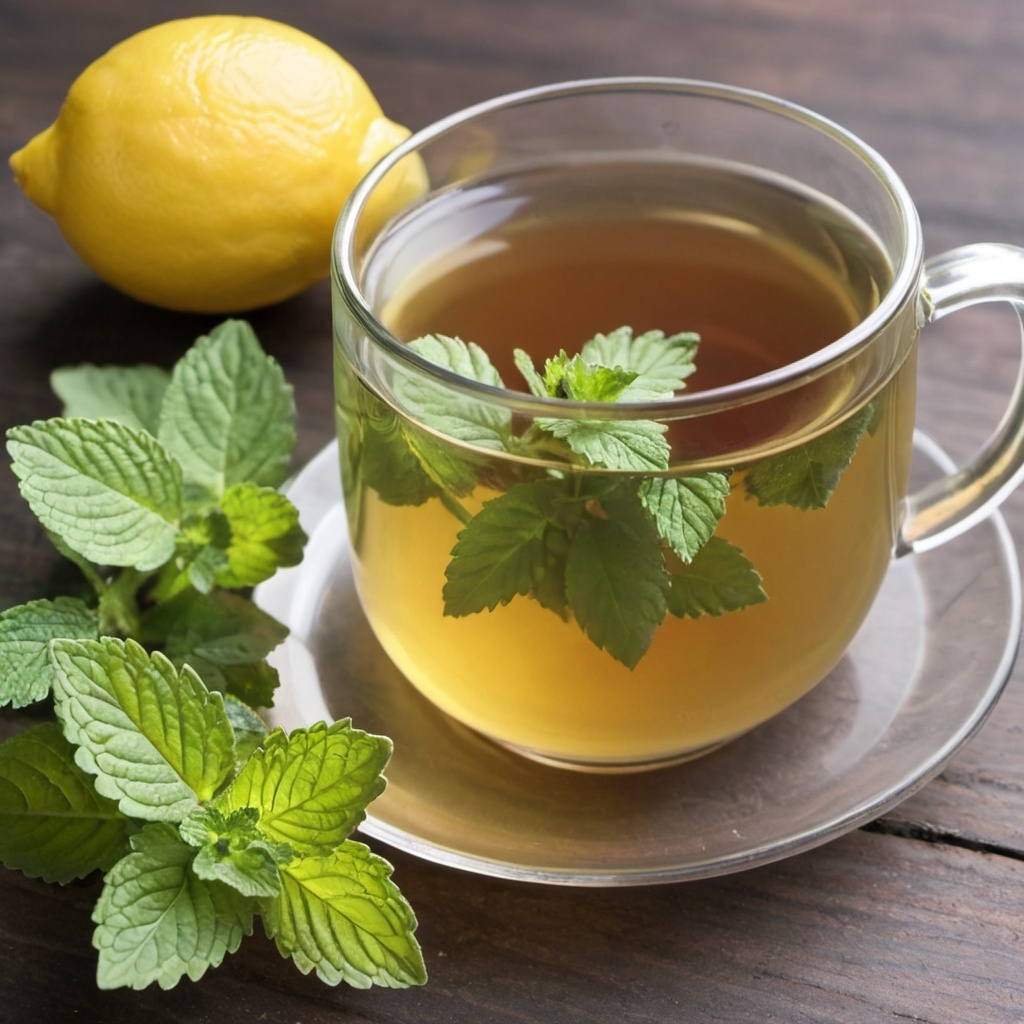
Key Compounds: Rosmarinic Acid, Flavonoids
Lemon balm tea is another great choice for reducing stress and anxiety. Its mild, lemony flavor is both soothing and refreshing.
Impact on Mood and Anxiety Levels
Lemon balm has been shown to increase GABA levels in the brain, which helps to reduce anxiety and improve mood. It’s also been found to enhance cognitive function, making it a great option for those dealing with stress-related cognitive impairment.
Tips for Effective Brewing
Steep lemon balm tea in hot water (about 200°F or 93°C) for 5-10 minutes. Drinking 2-3 cups a day can help maintain a steady level of relaxation and mental clarity.
6. Valerian Root Tea
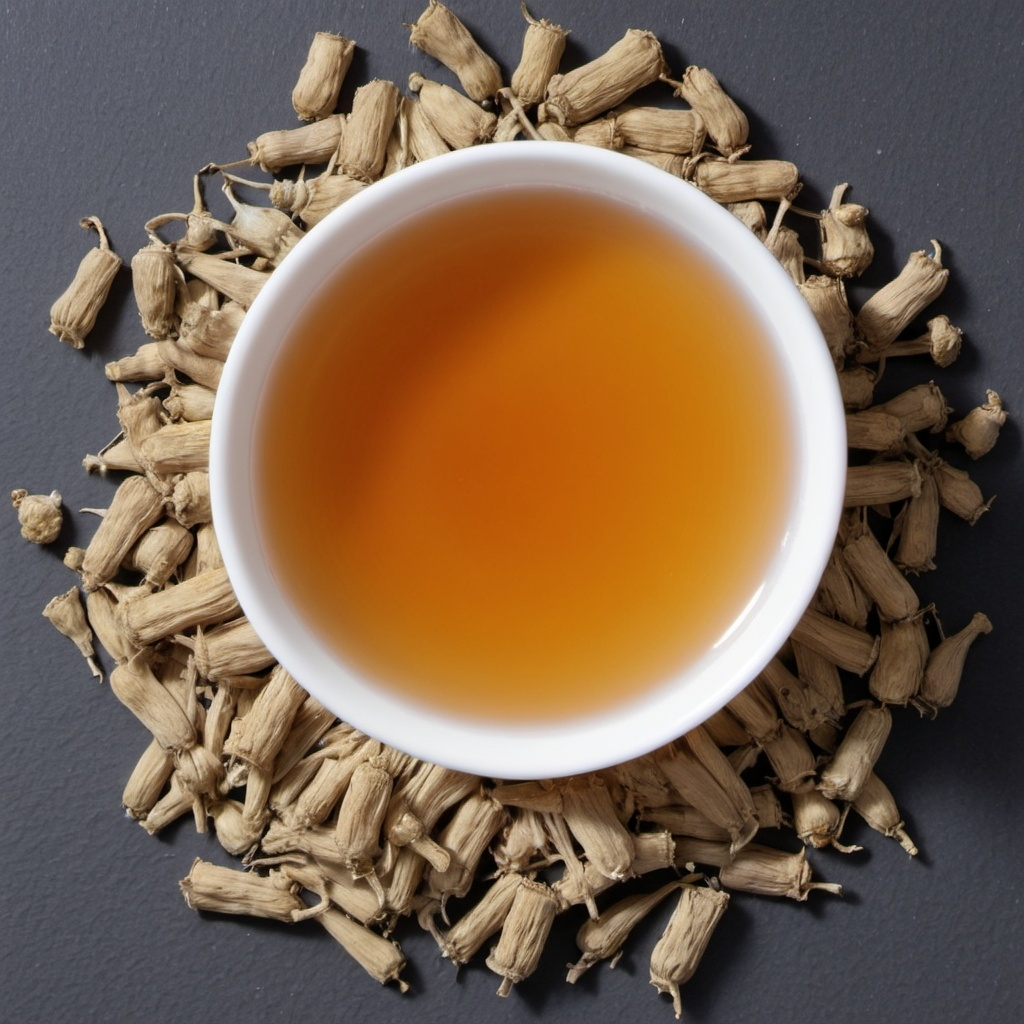
Key Compounds: Valerenic Acid, Isovaleric Acid
Valerian root tea is a powerful natural remedy for stress and anxiety, especially for those who struggle with sleep.
Benefits for Stress Reduction and Improved Sleep Quality
Valerian root has been used for centuries to promote relaxation and improve sleep quality. Its active compounds, valerenic acid and isovaleric acid, have sedative effects that can help to calm the mind and reduce anxiety.
How to Prepare and Consume Safely
Steep valerian root tea in hot water (about 200°F or 93°C) for 5-10 minutes. Due to its strong effects, it’s best to drink valerian root tea in the evening, about an hour before bedtime. Start with small amounts to see how your body responds.
7. Passionflower Tea
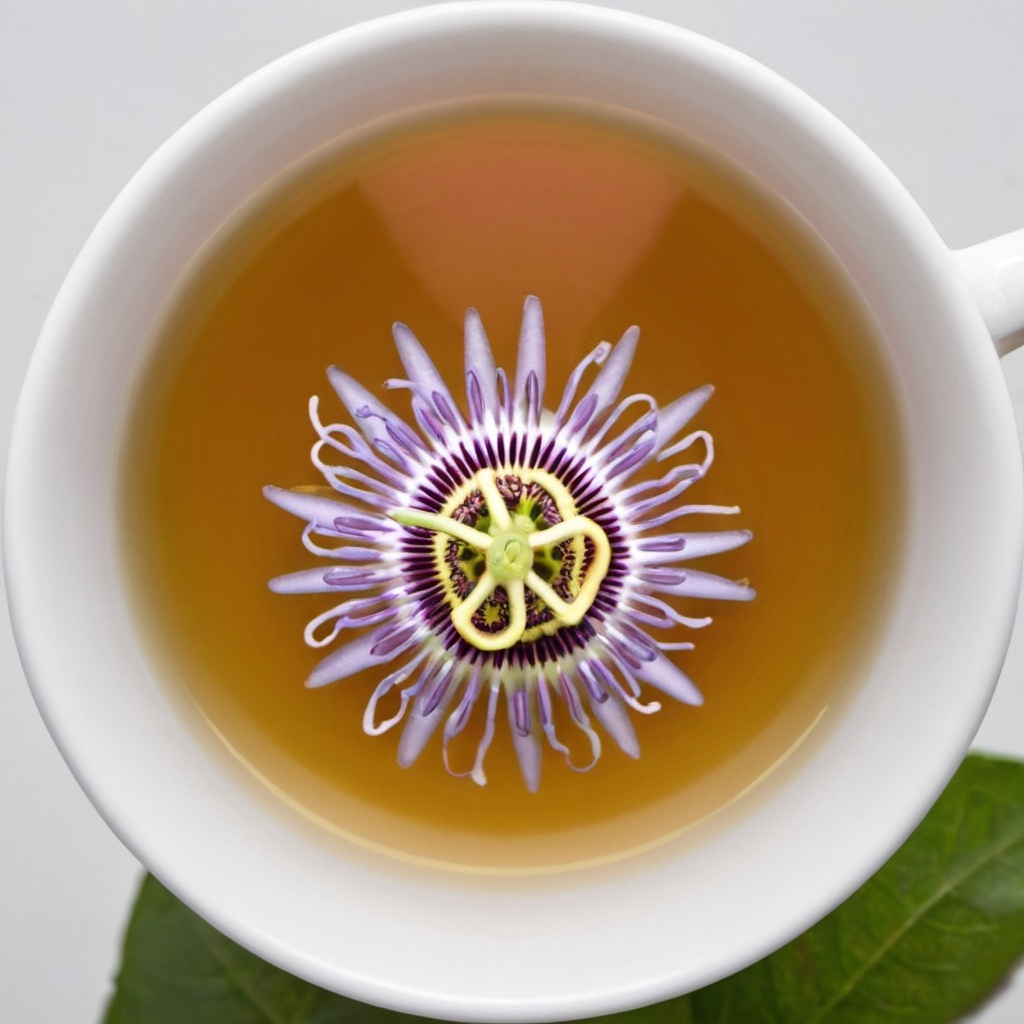
Key Compounds: Vitexin, Flavonoids
Passionflower tea is another excellent choice for reducing anxiety and promoting relaxation.
Calming Effects and Benefits for Anxiety
Passionflower contains vitexin and other flavonoids that help to increase GABA levels in the brain, promoting a sense of calm and reducing anxiety. It’s particularly effective for those dealing with chronic stress.
Best Preparation Practices
Steep passionflower tea in hot water (about 200°F or 93°C) for 5-10 minutes. Drinking a cup in the evening can help to ease you into a state of relaxation, making it easier to fall asleep.
How to Choose the Right Tea for You
With so many wonderful options, you might be wondering how to choose the right tea for your needs. Here are a few factors to consider:
Personal Preferences
Consider the flavors and aromas you enjoy. For instance, if you love floral notes, chamomile or lavender tea might be your best bet. If you prefer something refreshing, peppermint or lemon balm could be ideal.
Specific Symptoms
Think about your specific symptoms. If you struggle with sleep, valerian root or chamomile tea might be the best choice. For daytime stress relief, green tea or peppermint might be more suitable.
Health Conditions
Always consider any health conditions you have. Some teas, like valerian root, can interact with medications or be unsuitable for certain conditions. It’s always a good idea to consult with a healthcare provider, especially if you’re pregnant, nursing, or have a chronic health condition.
Combining Teas for Enhanced Benefits
Don’t be afraid to mix and match. Combining different teas can provide a broader range of benefits. For example, a blend of chamomile and lavender can be especially soothing before bedtime.
Additional Tips for Maximizing the Benefits of Stress-Relieving Teas
Creating a Relaxing Tea-Drinking Ritual
The act of preparing and drinking tea can be a ritual in itself, helping to signal your body that it’s time to relax. Consider setting aside a specific time each day to enjoy your tea, whether it’s in the morning, afternoon, or evening.
Pairing Tea with Mindfulness Practices
Pairing your tea with mindfulness practices can enhance its calming effects. Try sipping your tea while practicing deep breathing, meditation, or gentle yoga. This can help you stay present and fully enjoy the moment.
Integrating Tea into a Balanced Lifestyle
While tea can be a wonderful tool for reducing stress, it’s most effective when combined with other healthy habits. Regular exercise, a balanced diet, adequate sleep, and staying hydrated all play important roles in managing stress and anxiety.
Incorporating stress-relieving teas into your daily routine can be a simple yet powerful way to enhance your well-being. Whether you choose green tea for its focused energy, chamomile for its sleep-promoting properties, or any of the other wonderful options, each cup offers a moment of peace and tranquility.
So why not explore these teas and find the ones that work best for you? Remember, the journey to relaxation and stress relief is personal, and finding your perfect blend is part of the joy.
Here’s to your health and serenity, one cup at a time.
Additional Resources
Explore some of our favorite stress-relieving teas available on Amazon:
Links to Amazon:
Tea and teaware:
Sip your way to relaxation and discover which tea works best for you!














